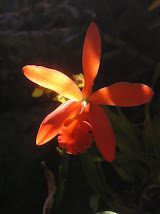 The Commonwealth (CW) has fully suspended Fiji after it refused to bow to demands to call elections by next year. CW Secretary General cited Fiji's lack of progress towards democracy.
The Commonwealth (CW) has fully suspended Fiji after it refused to bow to demands to call elections by next year. CW Secretary General cited Fiji's lack of progress towards democracy.Frank Bainimarama seized power in Fiji in a 2006 coup and has said elections can only be reinstated in 2014, as part of his "roadmap". He says he needs time to institute reforms that will end the ethnic-based voting system tipped in favour of ethnic Fijians.
But his critics charge that under his rule, Fiji has suspended the constitution, detained opponents and suppressed freedom of speech.
This is not the first time Fiji has been in trouble with the CW. It has twice faced the lesser sanction of being suspended from its meetings - after earlier coups in Fiji. But this sanction goes a step further. In practical terms it means Fiji cannot attend any CW meetings, including taking part in the CW Games in 2010, or participate in training schemes and other technical aid.
The CW is not a large donor to Fiji and the sanction is largely symbolic, but the non-participation to the CW Games really annoys the Fijian people and that could give them a reason to react against its self-appointed goverment.
Bainimarama reply to this suspension was: "The Fiji government believes the roadmap is the only path to ensuring sustainable and true democracy, which includes... to have elections in 2014. We will remain with that."












































